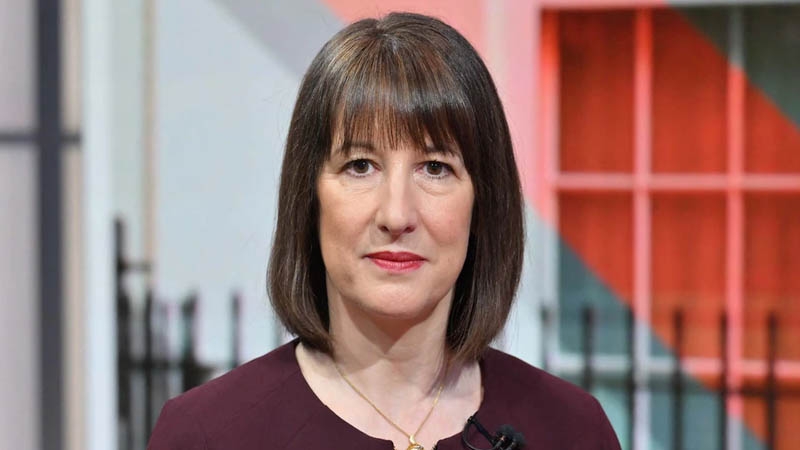
Concerns are rising over the UK’s shifting tax policies as some of the country’s wealthiest individuals consider leaving due to new tax changes. Legal experts are warning that the impact could extend far beyond the non-domiciled community.
After Chancellor Rachel Reeves’ decision to scrap tax benefits for non-doms, fresh worries have emerged that more high earners, who don’t fall under non-dom status, might follow suit. Recently, it was reported that the head of Goldman Sachs International had chosen to relocate to Milan. Now, tax lawyers are saying the conversation is widening, with a growing number of wealthy individuals rethinking their UK residency, reported the Express.
Michael Anderson, a partner at the law firm Joseph Hage Aaronson and Bremen (JHAB), shared with City AM: “I act for some clients that are not non-doms and are leaving the UK.” He added that this shift is far from isolated, hinting that a broader exodus could already be underway. He said, “I would be very surprised if many high-earning bankers had not considered leaving the UK, even for a year or two, to save on tax.”
These concerns come amid predictions that the government’s move to tighten the non-dom tax rules could lead to a loss of up to £12.2 billion in Treasury revenue by 2030. Despite the new tax year already beginning, Anderson mentioned he’s received an “unprecedented” number of inquiries from individuals asking if it’s still possible to relocate offshore this year.
The main focus of these inquiries has been non-resident status, with Anderson warning that HMRC is likely to be paying close attention to how these moves are executed. He stressed that the tax authority will likely scrutinize whether people are truly meeting the conditions of the statutory residence test, which includes strict limits on time spent in the UK and requirements for working abroad – conditions that can be tricky for people with complicated professional schedules.
Anderson also noted that those relocating for tax purposes should be prepared to provide detailed documentation of their working hours and travel history. “If you are moving for tax reasons, the burden of proof will be on you,” he said.
Non-dom status has allowed UK residents to avoid paying tax on their overseas income by claiming their permanent home for tax purposes is abroad. Labour pledged to scrap the non-dom regime in its election manifesto, arguing it would tackle tax inequality and generate additional revenue for public services. However, after facing backlash, Chancellor Reeves announced a slower phase-out of these benefits, introducing changes like tweaking the Temporary Repatriation Facility, which encourages former non-doms to bring overseas assets back to the UK at a discounted tax rate.
Downing Street confirmed the changes would not affect the broader goal of replacing the “outdated non-dom tax regime,” aiming to make the system fairer and attract the best talent and investment to the UK.
Don’t Miss These:
- Stacey Solomon ‘Devastated’ Over Bafta Loss: ‘I’m Not Taking It Well,’ She Tells Fans
- Experts Warn Prince Harry’s Fallout Could Tarnish King Charles III’s Legacy
- Ranvir Singh Opens Up About ‘Scary’ Hospital Visit After Emergency Surgery
- Keir Starmer Hit with Devastating Blow Live on ITV’s Loose Women as Reform Threat Grows
- Jo O’Meara faces new health crisis after being rushed to hospital











